Navigating the complexities of shipping goods from China to New Zealand can be challenging, especially when it comes to selecting the most cost-effective and efficient option. With a variety of choices available—ranging from air freight and sea freight to express delivery services and door-to-door shipping—importers must weigh factors such as costs, transit times, and reliability. Understanding these shipping methods and their respective advantages and disadvantages is crucial for businesses and individuals looking to optimize their logistics and ensure their goods arrive safely and on time. In this guide, we will explore the key shipping options, factors to consider, and expert tips to help you make informed decisions when importing from China to New Zealand.
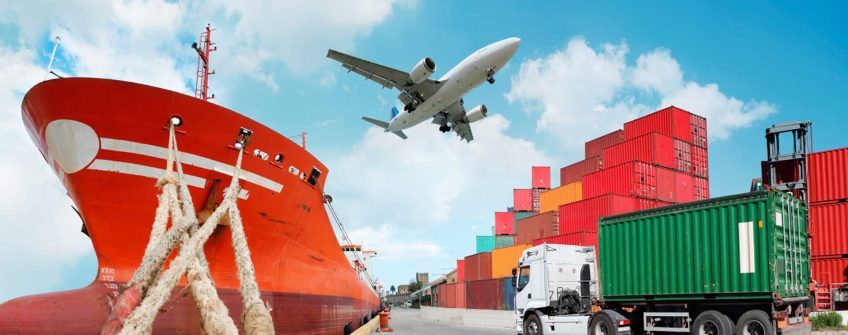
Overview of Shipping Options from China to New Zealand
Importing goods from China to New Zealand presents multiple shipping options that cater to different needs, budgets, and timelines. Understanding these options is essential for businesses and individuals who wish to ensure their products arrive safely and efficiently.
Air Freight vs Sea Freight
Air freight and sea freight are the two primary modes of transportation available for shipping goods from China to New Zealand. Each has its own advantages and disadvantages, making them suitable for different types of shipments.
Air Freight
Air freight is known for its speed. Typically, goods can be transported from China to New Zealand within 5-7 business days. This option is ideal for high-value or time-sensitive items, such as electronics or fashion products. However, air freight tends to be more expensive compared to sea freight, making it less suitable for bulk shipments or low-value goods.
Advantages:
- Speedy delivery: Ideal for urgent shipments.
- Less risk of damage: Shorter transit times reduce exposure to environmental factors.
Disadvantages:
- Higher costs: Air freight can be significantly more expensive.
- Weight limitations: Airlines impose strict weight and size restrictions on cargo.
Sea Freight
Sea freight is the preferred choice for shipping large quantities of goods. Although it offers longer transit times—typically 25-35 days—it is significantly more cost-effective for bulk shipments. Sea freight also provides flexibility in terms of container types, accommodating various cargo sizes and weights.
Advantages:
- Cost-effective: Lower rates, especially for large volumes.
- Suitable for bulk goods: Ideal for heavy and oversized items.
Disadvantages:
- Longer transit times: Not suitable for urgent deliveries.
- Higher risk of damage: Longer exposure to potential environmental hazards.
Express Delivery Services
For businesses requiring swift delivery without the speed of air freight, express delivery services offer a balance between cost and urgency. Services such as DHL, FedEx, and UPS provide expedited shipping options that can deliver goods within 3-5 business days.
Considerations:
- Express delivery services are often more expensive than standard air freight but cheaper than urgent air cargo options.
- Suitable for small packages and time-sensitive shipments.
Door-to-Door Shipping
Door-to-door shipping provides the ultimate convenience for importers by collecting goods from the sender’s location in China and delivering them directly to the recipient’s address in New Zealand. This service typically includes customs clearance, making it a hassle-free option for those unfamiliar with import regulations.
Benefits:
- Convenience: Streamlines the shipping process, minimizing the need for coordination.
- Comprehensive service: Often includes customs clearance and local delivery.
You may be interested in the following related articles:
- Shipping From China to Australia
- Shipping From China to Vanuatu
- Shipping From China to Solomon Islands
- Shipping From China to Fiji
- Shipping From China to Papua New Guinea
Factors to Consider When Choosing a Shipping Company
Selecting the right shipping company is crucial to ensuring a smooth logistics experience. Here are the key factors to consider:
Shipping Costs and Rates
Shipping costs vary significantly based on the mode of transport, weight, dimensions, and destination. For example, air freight usually incurs higher costs per kilogram compared to sea freight. It’s essential to obtain quotes from multiple shipping companies and to inquire about any hidden fees that may affect the overall cost.
Transit Times
The expected transit time is a critical factor in choosing a shipping method. Air freight is faster, while sea freight is slower but more economical for larger shipments. Businesses need to align their shipping choice with their timeline and inventory management strategies.
Reliability and On-Time Delivery
Reliability is paramount when choosing a freight forwarder. Research the shipping company’s reputation for on-time delivery, particularly regarding your origin and destination. Look for customer reviews and testimonials that speak to their reliability and performance.
Insurance and Damage Protection
Insurance is an important consideration, especially for valuable goods. Check whether the shipping company offers Insurance Services to cover potential damage or loss during transit. Evaluate the terms and coverage limits to ensure your goods are adequately protected.
Customer Service and Support
Exceptional customer service can significantly enhance your experience when dealing with shipping logistics. Choose a company that offers responsive support and is willing to assist with any queries or issues that may arise during the shipping process.
Whether you opt for air freight, sea freight, express delivery services, or door-to-door shipping, it’s vital to choose a reputable freight forwarder such as Dantful International Logistics. Dantful provides a highly professional, cost-effective, and high-quality one-stop international logistics service for global traders. By considering these factors, you will ensure a successful import process from China to New Zealand.
Top International Freight Forwarders for China to New Zealand Shipping
When importing goods from China to New Zealand, selecting the right international freight forwarder can significantly impact the efficiency and reliability of your shipping process. Below are some of the leading freight forwarders known for their exceptional services in this region:
DHL
DHL is renowned for its global reach and swift delivery times. With a strong presence in both China and New Zealand, DHL offers a variety of shipping options that cater to different needs, including express services for urgent shipments. Their robust tracking capabilities and customer support make them a preferred choice for many businesses.
Key Services:
- Express shipping options for time-sensitive deliveries.
- Comprehensive tracking systems for real-time updates.
- Expertise in handling customs documentation.
FedEx
FedEx is another prominent player in the international freight forwarding market, offering reliable air and ground shipping options. Their extensive network allows for efficient transportation of goods from China to New Zealand. FedEx is particularly known for its commitment to on-time deliveries and excellent customer service.
Key Services:
- Multiple shipping options, including express and economy services.
- Advanced tracking tools for transparency.
- Strong customer service support for addressing shipping inquiries.
UPS
UPS provides a range of logistics solutions, including air freight, sea freight, and ground shipping. With a reputation for reliability, UPS focuses on delivering packages on time and ensuring the safety of goods throughout the shipping process. Their logistics expertise enables them to navigate complex shipping routes efficiently.
Key Services:
- Various shipping solutions tailored to different needs.
- Detailed tracking and visibility throughout the shipping journey.
- Comprehensive customs support to facilitate smooth imports.
Aramex
Aramex is known for its flexible logistics services and strong presence in emerging markets. Offering a combination of air and sea freight options, Aramex caters to businesses of all sizes. Their commitment to customer service and innovative shipping solutions has earned them a loyal client base.
Key Services:
- Flexible shipping solutions for both urgent and bulk shipments.
- Advanced technology integration for tracking and reporting.
- Expertise in navigating regional customs regulations.
DB Schenker
DB Schenker is a global logistics provider that offers comprehensive freight forwarding services with a focus on sustainability. Their extensive network and resources allow for effective management of shipping operations from China to New Zealand. DB Schenker’s commitment to innovation and efficiency makes them a reliable partner in international trade.
Key Services:
- Comprehensive air and ocean freight solutions.
- Focus on sustainable logistics practices.
- Strong emphasis on customs compliance and documentation.
Advantages of Using an International Freight Forwarder
Engaging an international freight forwarder offers multiple advantages that can streamline your shipping process and enhance efficiency. Here are some key benefits:
Expertise in International Shipping Regulations
Navigating the complexities of international shipping regulations can be challenging. Freight forwarders possess in-depth knowledge of trade laws, customs regulations, and import/export procedures. Their expertise ensures compliance, which can significantly reduce the risk of delays and penalties associated with non-compliance.
Customs Clearance Assistance
Customs clearance is a critical step in the shipping process. A skilled freight forwarder provides assistance in preparing the necessary documentation, ensuring that your goods clear customs smoothly. They help manage tariffs, duties, and any regulatory requirements, making the process more efficient and less stressful.
Tracking and Status Updates
Freight forwarders leverage advanced tracking technologies to provide real-time updates on the status of your shipment. This transparency allows businesses to manage their supply chains more effectively, as they can monitor the movement of goods from origin to destination. Being informed helps in planning and responding swiftly to any potential issues.
Single Point of Contact
Working with an international freight forwarder simplifies communication by providing a single point of contact for all shipping inquiries. This dedicated service enhances coordination and reduces the likelihood of miscommunication, allowing businesses to focus on their core operations while the forwarder manages the complexities of logistics.
By choosing a reputable freight forwarder such as Dantful International Logistics, businesses can benefit from a highly professional and streamlined shipping process tailored to their needs. Dantful combines expertise with cost-effective solutions, making it an ideal partner for your logistics requirements.
Local Chinese Shipping Companies for New Zealand
When importing goods from China to New Zealand, utilizing local Chinese shipping companies can provide distinct advantages. These companies often specialize in specific routes and understand the intricacies of international shipping, particularly to New Zealand.
Lower Costs than International Providers
Local Chinese shipping companies typically offer more competitive pricing compared to larger international freight forwarders. This cost efficiency is largely due to their familiarity with domestic shipping logistics, reduced overhead costs, and the ability to leverage local transportation networks. Businesses can benefit from lower freight rates, especially for bulk shipments, making it an economically viable option for importers.
Cost Comparison Example:
| Freight Service | Local Chinese Company Rate | International Forwarder Rate |
|---|---|---|
| Sea Freight (20ft Container) | $1,200 | $1,500 |
| Air Freight (100kg) | $500 | $700 |
| Express Delivery (5kg) | $50 | $75 |
Chinese Language Support
For businesses that may not be fluent in English or familiar with international shipping terminology, local Chinese shipping companies provide invaluable support through their Chinese-speaking staff. This language capability ensures clear communication regarding shipping details, documentation, and customs requirements. It greatly reduces the risk of errors and misunderstandings that can occur during the shipping process.
Benefits of Chinese Language Support:
- Facilitates smoother negotiations and transactions.
- Ensures accurate completion of shipping and customs documentation.
- Provides peace of mind in understanding all aspects of the shipping process.
Knowledge of Local Shipping Conditions
Local shipping companies possess extensive knowledge of the unique shipping conditions and regulations within China. They understand the local infrastructure, common logistical challenges, and best practices for transporting goods to New Zealand. This insider knowledge can help in navigating potential issues, ensuring that shipments are handled efficiently from origin to destination.
Key Advantages:
- Familiarity with local ports and transportation networks.
- Ability to anticipate and mitigate potential delays.
- Expertise in managing regional customs procedures effectively.
Incoterms for China to New Zealand Shipping
Understanding Incoterms is essential for businesses engaged in international trade. These terms define the responsibilities of buyers and sellers in the shipping process, specifically regarding transportation costs, risk transfer, and insurance. Below are commonly used Incoterms relevant to shipping from China to New Zealand:
EXW (Ex Works)
Under the EXW term, the seller makes the goods available at their premises or another named place (factory, warehouse, etc.). The buyer assumes all risks and costs associated with transporting the goods to their final destination, including export duties and transportation. This term is often favored by buyers who have established logistics arrangements.
Key Points:
- Maximum responsibility for the buyer.
- Seller’s responsibility ends as soon as the buyer takes possession of the goods.
FCA (Free Carrier)
The FCA term indicates that the seller delivers the goods to a carrier or another person nominated by the buyer at the seller’s premises or another named place. The seller is responsible for all costs and risks until the goods are handed over to the carrier. This Incoterm offers flexibility and can be used for both domestic and international shipping.
Key Points:
- Seller responsible for export duties and transportation to the carrier.
- Risk transfers to the buyer once the goods are delivered to the carrier.
CPT (Carriage Paid To)
Under CPT, the seller pays for the carriage of goods to a named destination. The risk transfers to the buyer once the goods have been handed over to the carrier. While the seller is responsible for transportation costs, they do not bear the risk of damage or loss during transit, making this term advantageous for buyers who want to minimize upfront expenses.
Key Points:
- Seller pays for transportation to the agreed destination.
- Risk transfers to the buyer once the goods are with the carrier.
CIP (Carriage and Insurance Paid To)
The CIP term is similar to CPT, but it also requires the seller to obtain insurance for the goods during transit. The seller pays for the carriage to a named destination, and the insurance protects the buyer against potential loss or damage during transportation. This term is ideal for buyers who want additional security for their shipments.
Key Points:
- Seller covers transportation and insurance costs.
- Enhanced protection for the buyer with insurance coverage.
Understanding these Incoterms is crucial for establishing clear agreements between parties engaged in shipping goods from China to New Zealand. It ensures that both buyers and sellers are aware of their responsibilities and the potential risks involved in the shipping process. For tailored logistics solutions, companies like Dantful International Logistics offer comprehensive support and guidance throughout the shipping journey.
Tips for Negotiating the Best Shipping Rates
Negotiating competitive shipping rates is crucial for businesses looking to optimize their logistics costs. By employing strategic approaches during negotiations, shippers can secure favorable terms that enhance their overall supply chain efficiency. Here are some effective strategies for negotiating the best shipping rates:
Get Quotes from Multiple Providers
Obtaining quotes from multiple freight forwarders and shipping companies is essential to ensure a competitive rate. This process allows businesses to compare different service offerings, shipping times, and costs. When soliciting quotes, be sure to:
- Provide detailed requirements: Clearly outline your shipping needs, including shipment size, weight, destination, and any special handling needs.
- Set a deadline: Encourage providers to deliver their quotes by a specific date to expedite the decision-making process.
- Evaluate service quality: Consider not only the cost but also the reliability and reputation of the shipping company. Low rates can sometimes come with compromised service quality.
Provide Accurate Dimensions and Weights
Accuracy in reporting shipment dimensions and weights is critical for obtaining precise shipping quotes. Incorrect measurements can lead to unexpected charges and increased shipping costs. To ensure accuracy:
- Use calibrated scales and measuring tools: Invest in reliable equipment to weigh and measure shipments accurately.
- Include packaging details: Specify packaging materials and dimensions, as these can affect the total weight and size calculations.
- Communicate any changes promptly: If there are any alterations in your shipment, inform the shipping company as soon as possible to avoid discrepancies during billing.
Consider Shipping in Off-Peak Seasons
Shipping costs fluctuate throughout the year, often peaking during busy seasons like holidays or major sales events. To secure better rates, consider planning shipments during off-peak times. Benefits of shipping during quieter periods include:
- Lower demand: Reduced shipping volumes can lead to more competitive pricing as carriers seek to maintain shipment flow.
- Greater flexibility: Off-peak shipping provides more options for choosing carriers and service levels, enabling businesses to tailor logistics strategies to their needs.
- Possibility of discounts: Some freight forwarders offer discounts or special promotions during less busy periods, providing additional savings.
Consolidate Shipments When Possible
Consolidating shipments involves grouping multiple smaller shipments into one larger shipment, which can significantly reduce overall shipping costs. When considering consolidation:
- Evaluate regular shipments: Regular shipments to the same destination could be consolidated to take advantage of bulk rates.
- Consider warehousing solutions: Utilize warehouse services to store goods temporarily before shipping, allowing multiple shipments to be combined.
- Collaborate with other businesses: Partnering with other companies in your network for shared shipping needs can lead to cost savings through consolidated shipments.
Importance of Tracking and Insurance
Effective shipment tracking and insurance are vital components of successful logistics management. Both factors help ensure transparency and security throughout the shipping process.
Real-Time Shipment Tracking
Real-time shipment tracking provides visibility into the status of shipments, allowing businesses to monitor their goods as they move through the supply chain. Key benefits of utilizing tracking systems include:
- Enhanced visibility: Businesses can obtain up-to-date information about their shipments, including location and estimated delivery times, which helps in inventory management and planning.
- Proactive issue resolution: If delays occur, tracking systems alert businesses in real-time, enabling proactive measures to address potential issues.
- Improved customer communication: Providing tracking information to customers enhances their experience, as it allows them to monitor their orders and receive timely updates.
Cargo Insurance Options
Cargo insurance is a critical aspect of shipping that protects businesses against financial losses due to damage or loss of goods during transit. When considering insurance options:
- Assess coverage needs: Evaluate the value of your goods and the potential risks involved in transit to determine the level of coverage needed.
- Compare policies: Different insurance providers offer varying terms and conditions. Compare multiple options to find a policy that fits your needs at a competitive rate.
- Understand exclusions: Familiarize yourself with any exclusions or limitations in the policy to avoid surprises when filing a claim.
Damage Claims Process
In the event of damage or loss, understanding the claims process is essential for businesses. To effectively navigate this process:
- Document everything: Maintain detailed records of shipments, including photographs of goods, packing lists, and any correspondence with shipping providers.
- Communicate promptly: Report any damage or loss to the insurance provider and shipping company as soon as possible to initiate the claims process.
- Follow up: Stay in contact with the insurance provider and shipping company to ensure timely processing of your claim and to provide any additional information they may require.
Utilizing these negotiation tips and emphasizing the importance of tracking and insurance will help businesses optimize their shipping processes, reduce costs, and ensure the safe delivery of goods. For tailored logistics solutions, consider partnering with Dantful International Logistics, a provider that offers cost-effective and professional freight forwarding services.
Dantful International Logistics Services:
- Dantful Ocean Freight Services
- Air Freight From China
- Amazon FBA Freight Forwarding
- WAREHOUSE Services
- One-Stop Customs Clearance Solution
- Cargo Insurance Services in China
- DDP Shipping Services By Dantful Logistics
- Out of Gauge Cargo Transportation Shipping Services

Young Chiu is a seasoned logistics expert with over 15 years of experience in international freight forwarding and supply chain management. As CEO of Dantful International Logistics, Young is dedicated to providing valuable insights and practical advice to businesses navigating the complexities of global shipping.

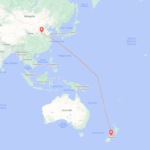



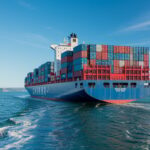




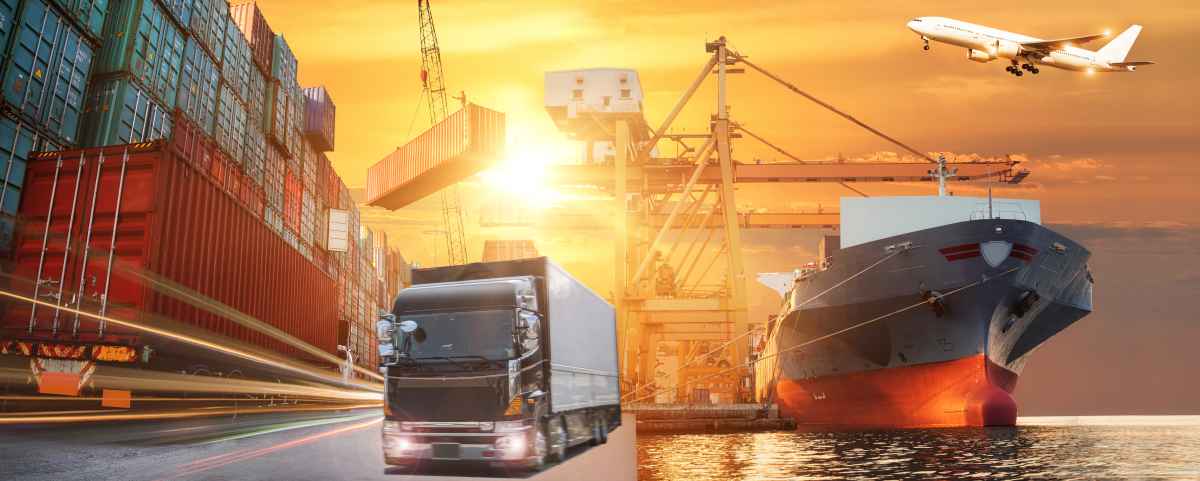
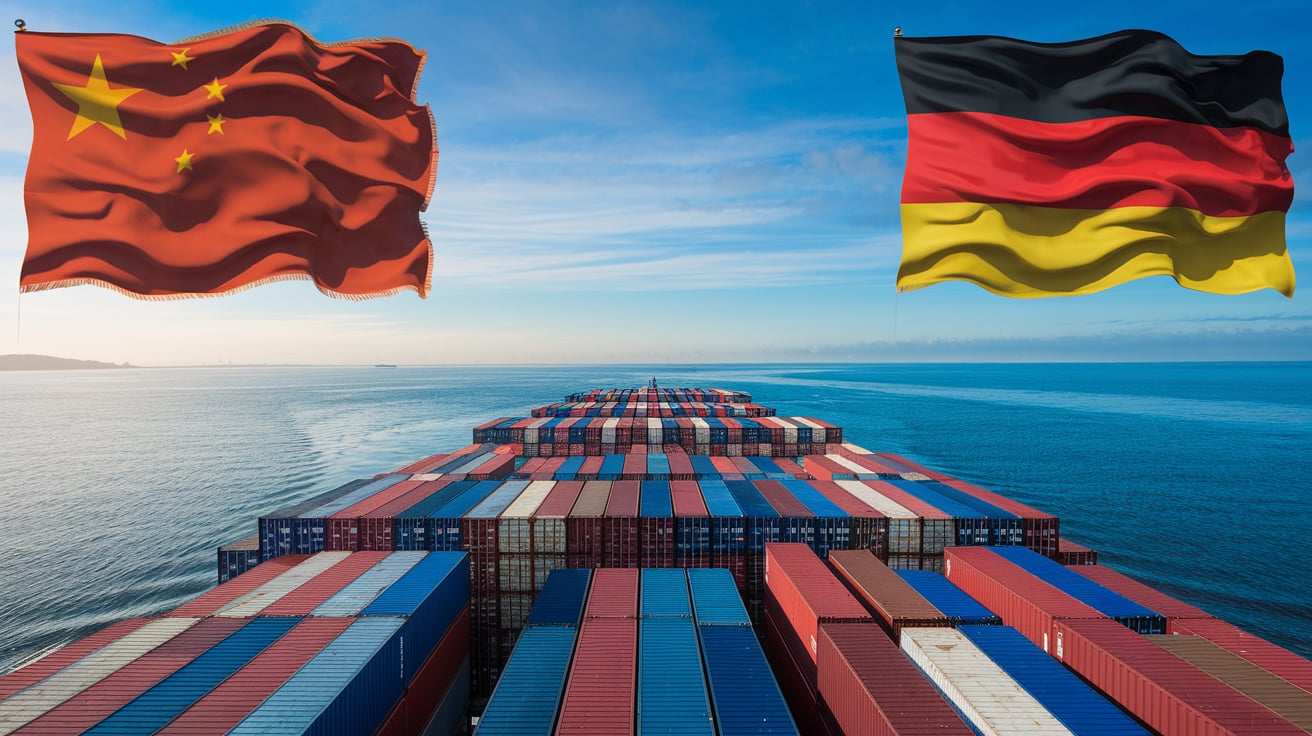
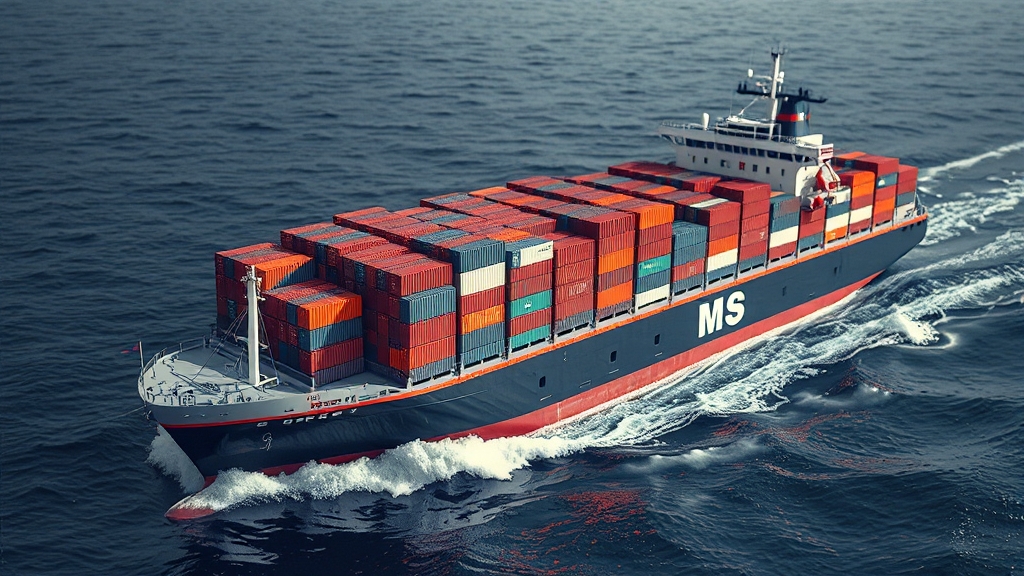
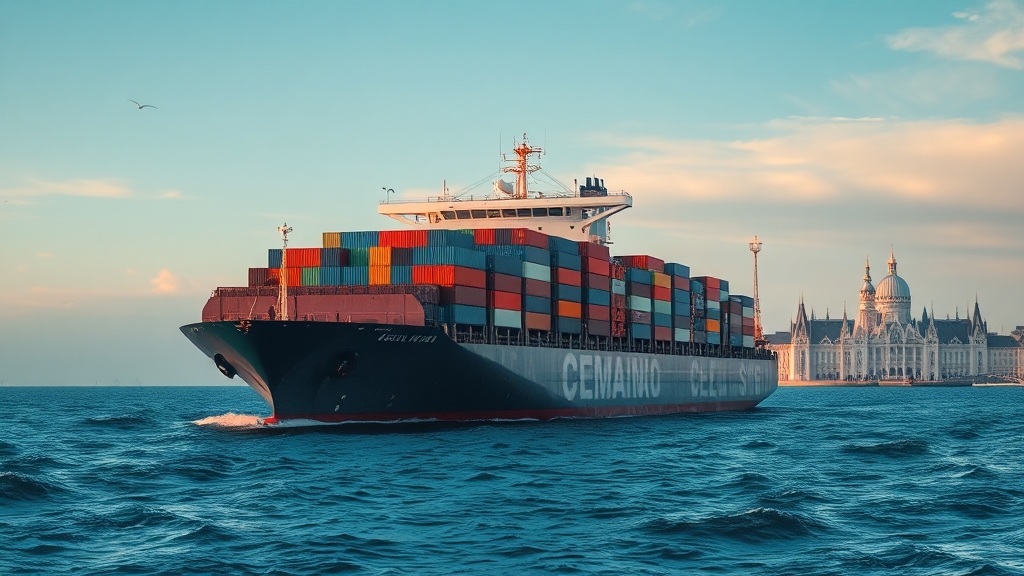
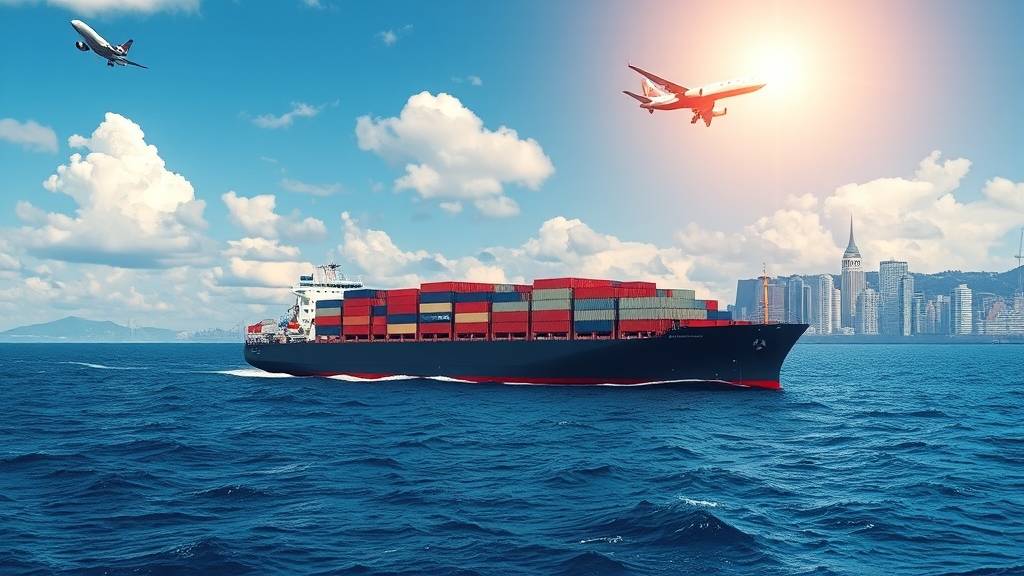





 Afrikaans
Afrikaans Shqip
Shqip አማርኛ
አማርኛ العربية
العربية Հայերեն
Հայերեն Azərbaycan dili
Azərbaycan dili Euskara
Euskara Беларуская мова
Беларуская мова বাংলা
বাংলা Bosanski
Bosanski Български
Български Català
Català Cebuano
Cebuano Chichewa
Chichewa 简体中文
简体中文 繁體中文
繁體中文 Corsu
Corsu Hrvatski
Hrvatski Čeština
Čeština Dansk
Dansk Nederlands
Nederlands English
English Esperanto
Esperanto Eesti
Eesti Filipino
Filipino Suomi
Suomi Français
Français Galego
Galego ქართული
ქართული Deutsch
Deutsch Ελληνικά
Ελληνικά Kreyol ayisyen
Kreyol ayisyen Harshen Hausa
Harshen Hausa Ōlelo Hawaiʻi
Ōlelo Hawaiʻi עִבְרִית
עִבְרִית हिन्दी
हिन्दी Hmong
Hmong Magyar
Magyar Íslenska
Íslenska Igbo
Igbo Bahasa Indonesia
Bahasa Indonesia Gaeilge
Gaeilge Italiano
Italiano 日本語
日本語 Basa Jawa
Basa Jawa ಕನ್ನಡ
ಕನ್ನಡ Қазақ тілі
Қазақ тілі ភាសាខ្មែរ
ភាសាខ្មែរ 한국어
한국어 كوردی
كوردی Кыргызча
Кыргызча ພາສາລາວ
ພາສາລາວ Latin
Latin Latviešu valoda
Latviešu valoda Lietuvių kalba
Lietuvių kalba Lëtzebuergesch
Lëtzebuergesch Македонски јазик
Македонски јазик Malagasy
Malagasy Bahasa Melayu
Bahasa Melayu മലയാളം
മലയാളം Maltese
Maltese Te Reo Māori
Te Reo Māori मराठी
मराठी Монгол
Монгол ဗမာစာ
ဗမာစာ नेपाली
नेपाली Norsk bokmål
Norsk bokmål پښتو
پښتو فارسی
فارسی Polski
Polski Português
Português ਪੰਜਾਬੀ
ਪੰਜਾਬੀ Română
Română Русский
Русский Samoan
Samoan Gàidhlig
Gàidhlig Српски језик
Српски језик Sesotho
Sesotho Shona
Shona سنڌي
سنڌي සිංහල
සිංහල Slovenčina
Slovenčina Slovenščina
Slovenščina Afsoomaali
Afsoomaali Español
Español Basa Sunda
Basa Sunda Kiswahili
Kiswahili Svenska
Svenska Тоҷикӣ
Тоҷикӣ தமிழ்
தமிழ் తెలుగు
తెలుగు ไทย
ไทย Türkçe
Türkçe Українська
Українська اردو
اردو O‘zbekcha
O‘zbekcha Tiếng Việt
Tiếng Việt Cymraeg
Cymraeg יידיש
יידיש Yorùbá
Yorùbá Zulu
Zulu